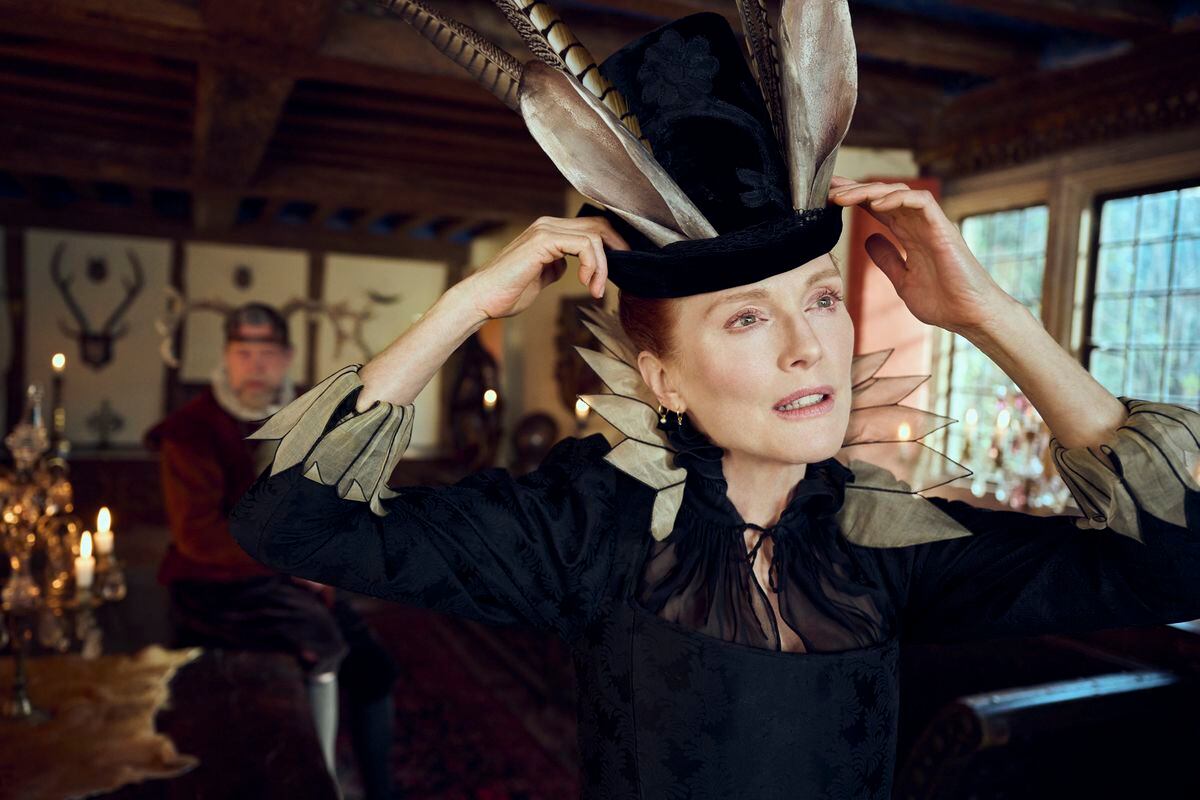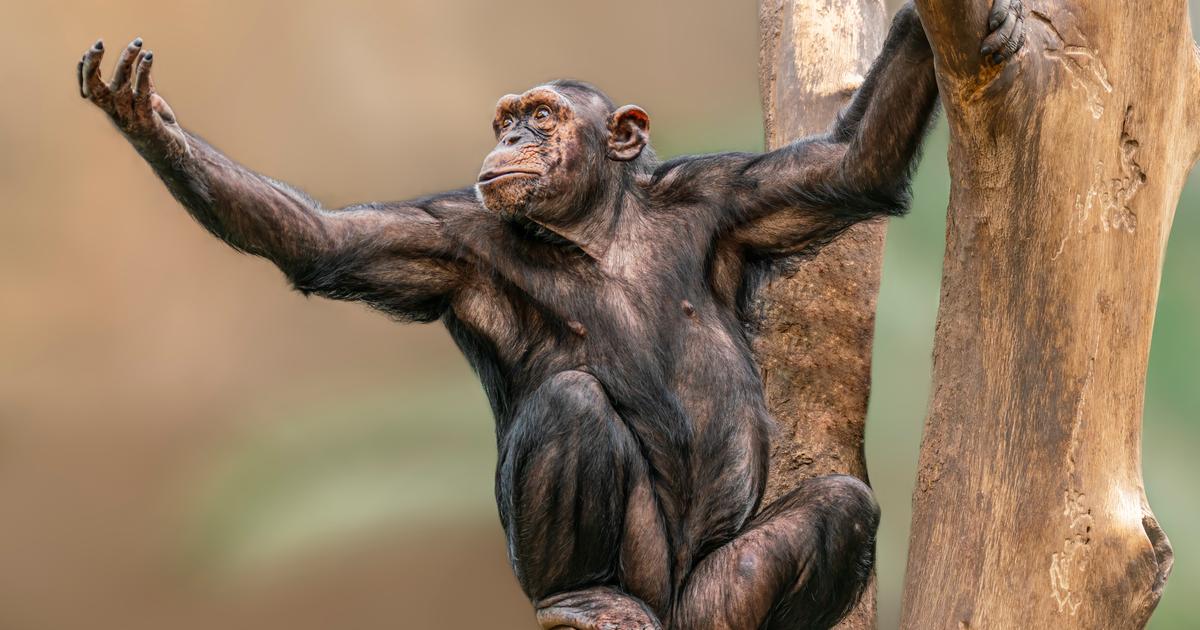The story is so amazing that it has been told a thousand times: two centuries ago, a young girl who was barely sixteen, Mary Wollstonecraft Godwin, escaped from her parental home to join the poet Percy Bysshe Shelley and together they embarked on a journey that would cause great scandal in London society and would leave a great emotional wound in it due to the loss of two children and that of the poet himself, who died very young.
But in that deranged and reckless experience led by Lord Byron there was also beauty, dedication, passion, and as a result of that unleashed artistic coexistence, one of the most extraordinary creatures in literature would be born, now a myth: Frankenstein's monster, which Mary Shelley , already with her husband's surname, would publish in 1831.
The cinema has distorted the idea that we have of the monster created by a young doctor who, blinded by the ambition of being the creator of a life, sews up corpses in a laboratory.
But the resulting creature will not be beautiful, but a deformed being, provocative of terror and disgust.
What is unheard of is that a young woman of only 17 years of age came up with two extraordinary ideas that transgressed moral conventions and that transcend the purely literary value of this work.
Shelley is a visionary who anticipates the idea that a scientific finding must obey an ethic and that disaster can unleash without limit.
The originality of her thought does not stop there: the author offers the monster the opportunity to explain the reasons for his cruelty and to implore mercy.
The speech in the mouth of that poor monster is once again necessary in this present that we live in, in my opinion extremely punitive and revengeful, because it affects the right that the accused must have to be heard before a jury, before society or before his God creator.
Undoubtedly, Mary Shelley was an anticipator of the progressive idea, now in disuse, of reinsertion or whatever we want to call individuals who have committed crimes enjoying second chances.
It is no coincidence that the author was the daughter of one of the founders of feminism, Mary Wollstonecraft, and a precursor of pedagogy, William Godwin, people with an unusual ability to adopt uncomfortable positions and flee from convention.
What would be conventional now?
The conventional thing is that both on the right and on the left we only find relief if the punishment for the offender is ruthless and we do not hesitate to join those who throw stones against those who are already being publicly lynched.
Whether they are those who are supported by noble causes or those others who have discarded forgiveness for their implacable shoddy religion, it seems that we have established an insurmountable division between sinners and innocents, so it is better to sign up for the scapegoat to place ourselves in the side of the sinless.
There is a shocking series,
Happy Valley
, already in the last season, which revolves around the life of a local policewoman whose existence is disrupted by a disgusting murderer.
Well, in this series created by a talented writer and director, Sally Wainwright, the monster is given a confessional moment in which he recounts, with few but revealing words, that deep pain that eats at him and pushes him to destroy his neighbor.
In this brief essential sequence to understand the character, we can gauge why the heart of a human being can be infected by evil.
It is perceived that
Happy Valley
it is written by a woman, not because she overwhelms us with a feminist discourse, but because of the fine and sensitive line with which the characters are drawn.
Although the story is very harsh, compassion prevails, and all the time the idea, historically defended by so many brave women, that no creature is born with an original sin flies over.
“I was kind and good,” says Shelley's monster, “misfortune turned me into a villain.
Make me happy and I'll be good again."
Subscribe to continue reading
Read without limits
Keep reading
I'm already a subscriber

/cloudfront-eu-central-1.images.arcpublishing.com/prisa/LK4IIXJ6BVQNMKMPHG5D5MIVTE.jpg)
/cloudfront-eu-central-1.images.arcpublishing.com/prisa/ZH3EF5RDTZBMMCYSAYHHFHYUHU.jpg)

/cloudfront-eu-central-1.images.arcpublishing.com/prisa/EBSW3J2SC5HNTOMU5FRFU6LMFI.png)







